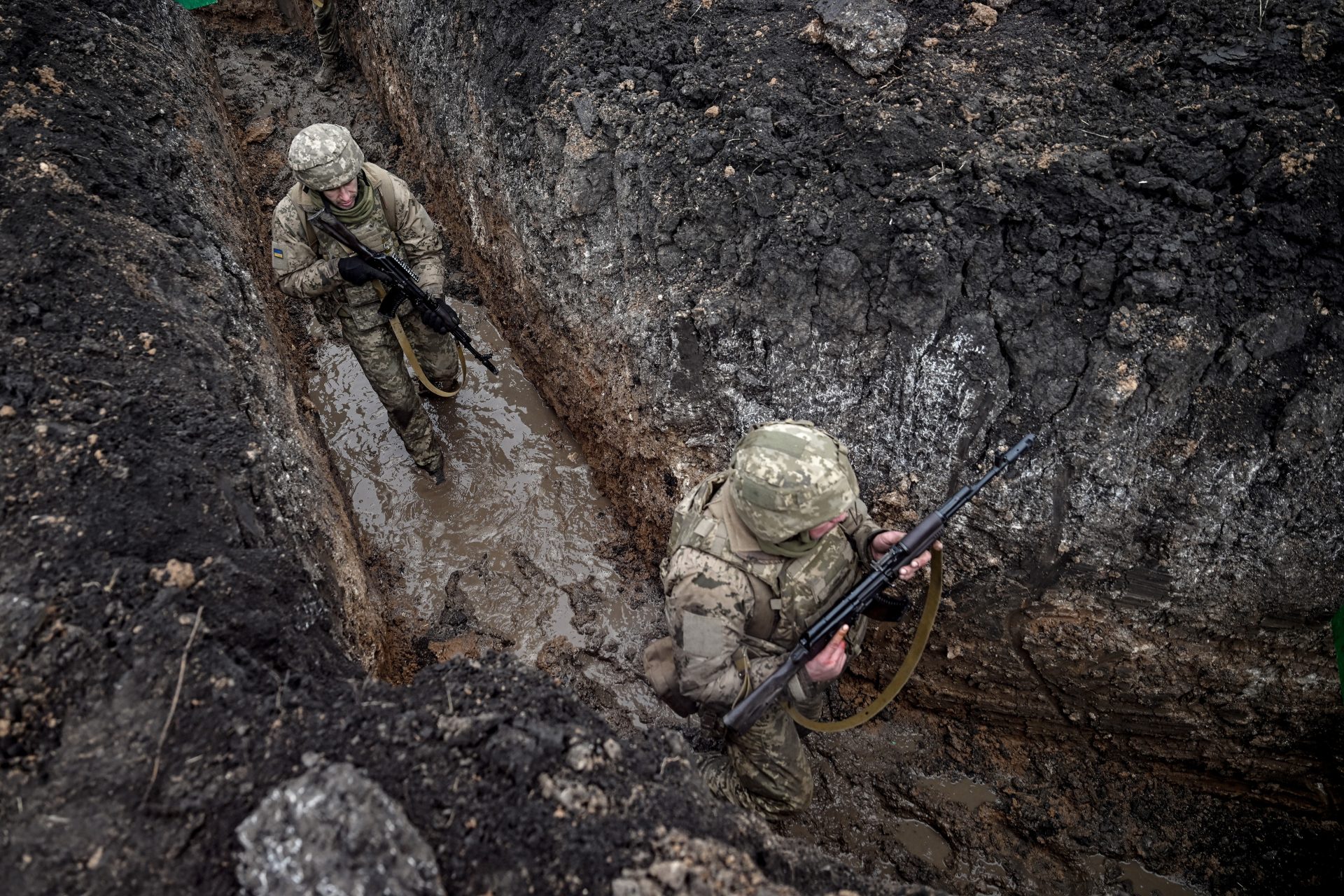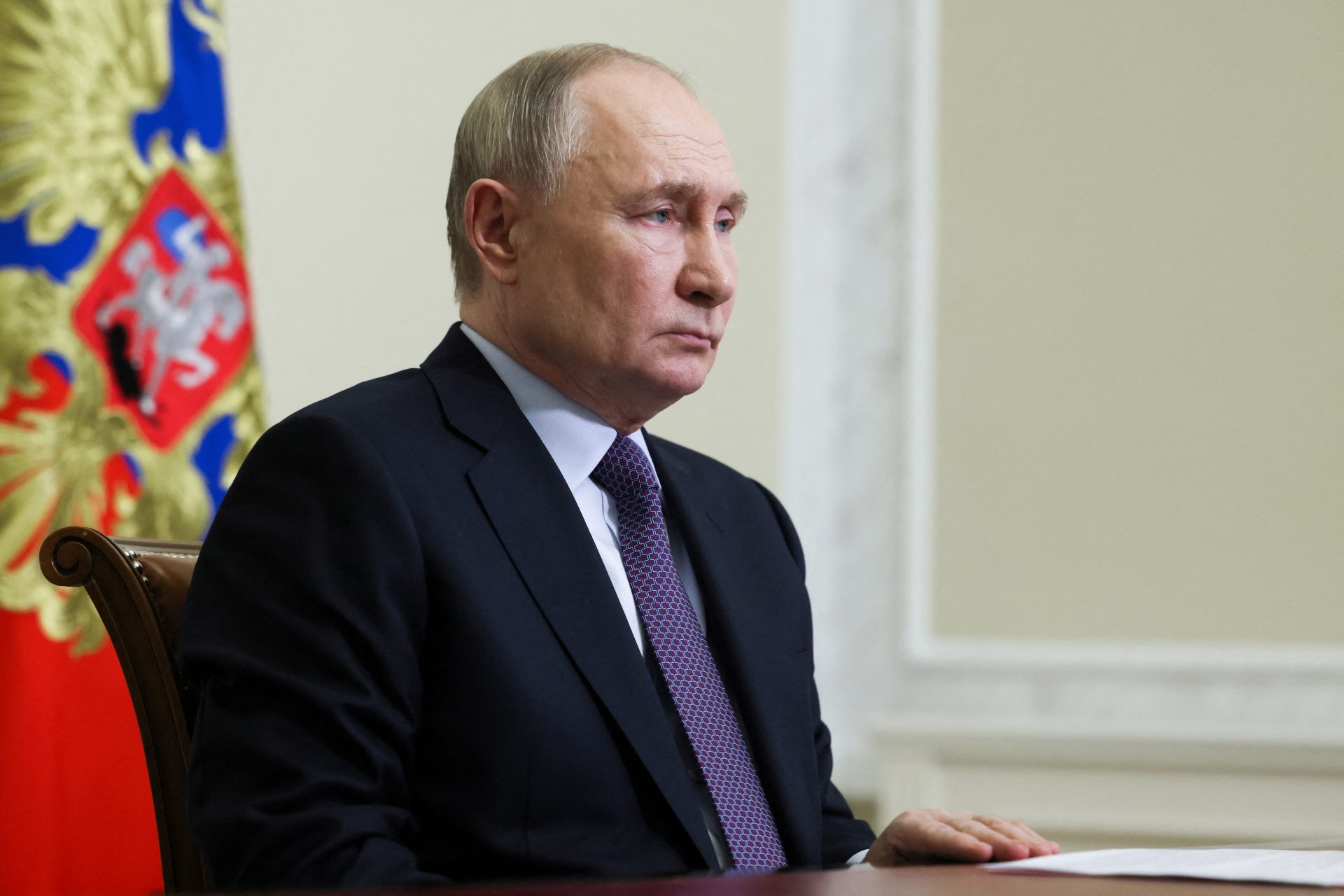The shocking revelations of Canada’s Emergencies Act inquiry
November 25th marked the end of the public hearing portion of The Public Order Emergency Commission and many Canadians are still reeling from what was revealed to the public.
Over the course of six weeks, thousands of documents were reviewed and hundreds of hours of testimony were logged as Justice Paul Rouleau worked to establish the events that lead to the first use of Canada’s Emergencies Act.
The Emergencies act was invoked by the Trudeau government on February 14th to quell “out of control” Freedom Convoy protestors in the nation's capital.
The government gave itself the authority to freeze the finances of those connected to the convoy blockades and to ban travel to protest zones, as well as the powers to prohibit people from bringing minors to unlawful assemblies and commandeer tow truck companies to remove transport trucks that had clogged Ottawa’s downtown core since January 29th.
Police officials were also given the ability to impose fines of up to $100,000 as well as up to one year in jail for participating in continued protests or the blockading of the Ambassador Bridge in Windsor, Ontario.
Trudeau’s use of the Emergencies Act was justified by the government as being a necessary step to deal with an unprecedented threat to Canada’s democracy.
The government was worried about foreign financing of Freedom Convoy protestors and feared the violence that could follow if steps weren’t taken to quell the protestors.
Evidence was given by several key government ministers, including Emergency Preparedness Minister Bill Blair, Public Safety Minister Marco Mendicino, Defence Minister Anita Anand, and Deputy Prime Minister Chrystia Freeland.
Convoy organizers Chris Barber, Tamara Lich, and Pat King testified, alongside other protest leaders and participants as well.
Other major witnesses included officials from the City of Ottawa as well as RCMP Commissioner Brenda Lucki, Ontario Provincial Police (OPP) Commissioner Thomas Carrique, former Ottawa Police Service (OPS) chief Peter Sloly, and Canadian Security Intelligence Service (CSIS). Director David Vigneault and other security and intelligence leaders gave evidence behind closed doors.
Photo by Facebook @rcmpgrc
One of the first major revelations from the commission established the fact that RCMP Chief Brenda Lucki did not believe the government had exhausted all its options before looking at the Emergencies Act.
In an email to Marco Mendicino the night before the invocation of the Emergencies Act, Lucki wrote that she believed the government had not used “all available tools”.
Carson Pardy, a now-retired chief superintendent of the Ontario Provincial Police stated his belief that “We did not need the Emergencies Act," while giving his testimony to the commission. But few other officials gave their opinion on whether or not the Emergencies Act was needed to stop protests.
The biggest revelation of the inquiry came on October 19th when CSIS Director David Vigneault indicated that there was no foreign involvement in the Freedom Convoy Protest.
Photo by Twitter @OCOLCanada
“There [are] no foreign actors identified at this point supporting or financing this convoy,” Vigneault said in his briefing given during a teleconference with senior officials at different levels of government.
As the crisis was unfolding, the Trudeau government used the threat of foreign funding of protestors as one of the main points of evidence used to invoke the Emergencies Act.
“These illegal blockades are being heavily supported by individuals in the United States and from elsewhere around the world,” Trudeau said in an address in the House of Commons, “We see that roughly half of the funding that is flowing to the barricaders here is coming from the United States.”
However, it appeared that regardless of justification, Vigneault supported Trudeau’s use of the Emergencies Act, stating "the regular tools were just not enough to address the situation.”
We also learned that Trudeau's national security intelligence adviser, Jody Thomas, believed the convoy participants posed a "threat to democracy."
Thomas believed that the totality of circumstances had led to a point where the existence of the protestors could be legitimately viewed as a threat to the security of Canada and she pushed for invoking the Emergencies Act.
The biggest concern of government officials was the fear that violence could have broken out in Alberta. Marco Mendicino told the commission that supported the use of the Emergencies Act because of warnings he received from Brenda Lucki about the real risk of violence as many protests were willing to go down for the cause.
"[That] was a threshold moment for me. There is no doubt about it," Mendicino told the Public Order Emergency Commission.
Mendocino’s were also well-founded. On February 14th the RCMP arrested more than a dozen Coutts Freedom Convoy Protestors and seized a weapons cache that included rifles, handguns, and body armor.
Ottawa’s police force was also revealed to be severely lacking in its ability to plan for and massage Freedom Convoy protesters.
Former Ottawa police chief Peter Sloly testified that his force's planning was inadequate because he believed intelligence from the OPP suggested the protestors would not dig in in Ottawa.
"To this day, even with the benefit of hindsight, I do not have any clear impression or saw any clear conclusions that we were going to have anything more than what I was being briefed on by my team," he said,
However, counter-evidence presented indicated that Sloly and the Ottawa police force had advanced warning that the Freedom Convoy protestors would not remove themselves from the capital until all vaccine mandates were removed and a new government was installed.
Doug Ford’s name also popped up during the commission and was accused by many of hiding while the conflict unfolded.
Unfortunately, Canadians will not be able to hear his side of the story since Ford successfully challenged his summons to appear at the commission. Though you can read some recently revealed documents of interesting conversations Ford and Trudeau had as the crisis came to a head
Prime Minister Justin Trudeau was the final witness to testify at the commission and his testimony revealed a great deal about the inner workings of the government in the days leading up to the invocation of the Emergencies Act.
Trudeau revealed that the federal government wasn’t allowed to review the Ottawa Police Force’s plans to curtail demonstrators as well as the fact that he was very against using the military to get the situation in Ottawa under control.
It was revealed that Minister of Justice David Lametti had joked about sending tanks into Ottawa but from Trudeau’s testimony, it was clear that the use of military force to remove protestors was never an option.
With the public hearing portion of the commission over, Canadians will have to wait for the official from Paul Rouleau to see if Trudeau’s use of the Emergencies Act was truly justified under existing law.
More for you
Top Stories














































